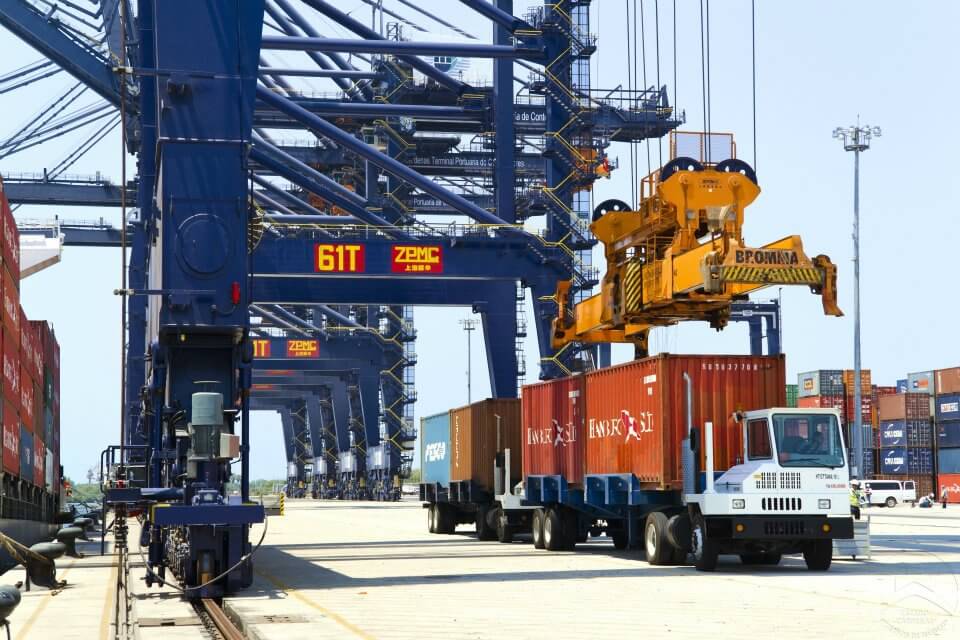The World Customs Organization (WCO) plans to promote what it calls green customs and green international trade.
First and foremost, the WCO plans for its members to increase the collection of standardized data on foreign trade operations for analysis and better decision making.
But Ricardo Treviño, deputy director general of the WCO, commented that this task is not easy, because there is a lot of sensitive information for companies involved in exports and imports.
Even so, Treviño added that the United States, China and other countries support the WCO in these changes, which could move forward little by little, and especially in a new WCO convention.
Green international trade
On the one hand, green customs involves the use of electric vehicles, the elimination or reduced use of paper and everything that has to do with reducing the environmental footprint of customs.
On the other hand, green international trade consists of customs around the world providing facilities in the clearance and classification of products that have a positive impact on the environment.
Treviño said that a similar measure was implemented during the Covid-19 pandemic, when customs around the world listed goods with specific classifications to help meet that challenge, such as ultrasonic scanning devices, ventilators, oxygen masks, soap and hand sanitizer.
With the increase in both global trade and anti-terrorism efforts, the role of many customs agencies around the world has evolved far beyond statistical reporting and the collection of import duties and excise taxes to focus increasingly on protecting society through enhanced border security and much deeper cargo security.
To that end, the WCO is playing a leadership role in helping member agencies improve the efficiency and effectiveness of their operations by developing, promoting and implementing modern Customs systems and procedures. One of the WCO’s main instruments is the SAFE Framework of Standards to Secure and Facilitate Global Trade (SAFE Framework), which the WCO adopted in 2005.
The SAFE Framework is a non-binding instrument containing supply chain security and facilitation standards for goods traded internationally.
It aims to enable greater visibility, improve capabilities to detect high-risk shipments and facilitate more integrated supply chain management across all modes of transport, through improved technology and data transmission practices, networking arrangements between Customs administrations and better cooperation between Customs and the business community.

